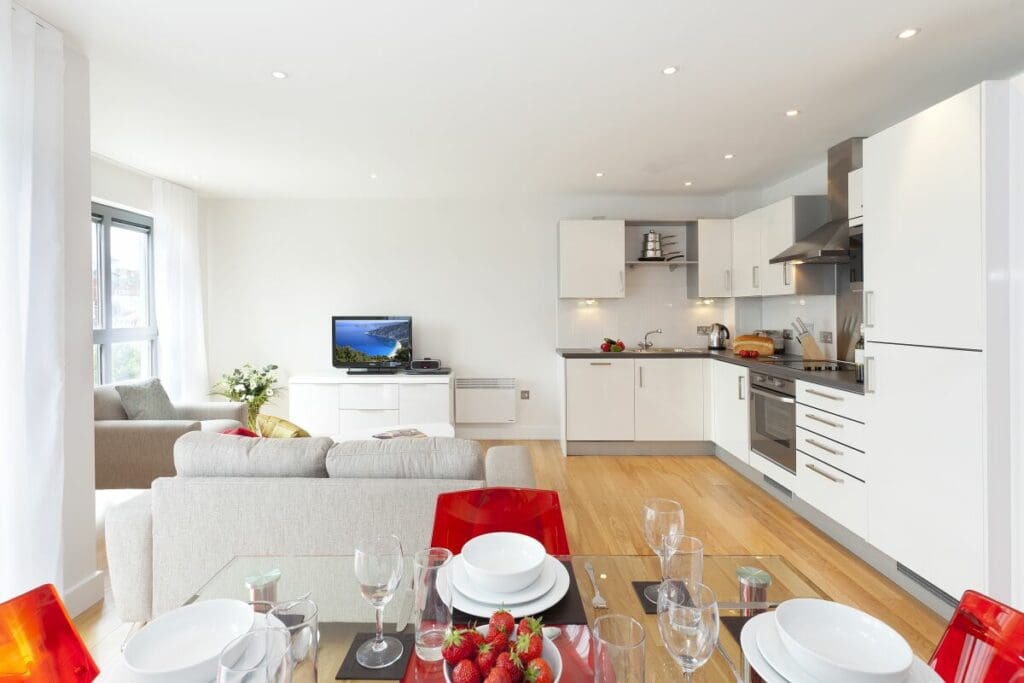Bristol is fast becoming one of the UK’s most popular places to visit, but what about if you are thinking of moving to Bristol? What do you need to know? Well, that is the topic of this guide; addressing everything someone should know before they move to Bristol.
What You Need To Know Before Moving To Bristol
- About Bristol
- Is Bristol a good place to live?
- Keeping safe
- Public transport
- Schools in Bristol
- Bristol businesses
- Things to do in Bristol
1. About Bristol
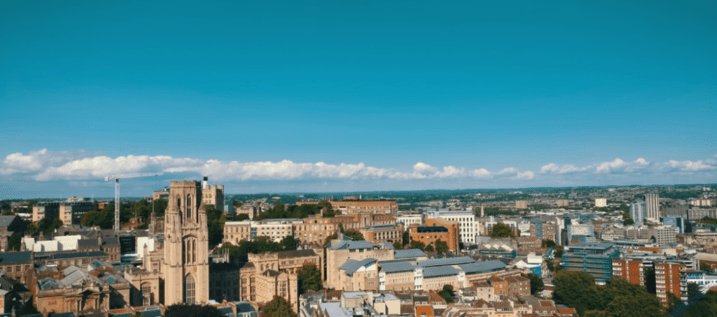
Based in the south west of England, Bristol is classed as both a city and a county. It is one of England’s largest cities and has a population of around 470,000.
In terms of location, London is around 120 miles away, Bath is no further than 15 miles to the east and Cardiff is around 45 miles away on the other side of the Bristol Channel. The city also straddles the River Avon which flows from central England.
2. Is Bristol a good place to live?
Life in Bristol is, of course, perceived differently by everyone who has visited the city. However, it’s important to remember Bristol continues to be named one of the best places to live in the UK.
Yet, despite the city’s reputation as a great place to reside, it comes at a cost. Bristol is certainly not the cheapest place to live in the UK. Prices in the city centre are above the national average. It is the high cost of living in Bristol that is often the factor that hampers the city’s liveable score most.
Nevertheless, whilst Bristolians may bemoan the costliness, the city is still deemed to be one of the UK’s safest and best places to work. Crime rates are amongst some of the lowest nationally and employment rate is high.
3. Keeping safe
When moving to a new place, it is important that you know where to go if there’s an emergency.
Fortunately for anyone moving to Bristol, the city is well-equipped with hospitals in case you, a friend, colleague or a loved one falls ill or suffers an injury. Managed by the University Hospitals Bristol and the Weston NHS Foundation (UHBW), formed in early 2020, there are over 100 different clinical services offered throughout at least 9 different sites.
The main hospitals in the area are the British Royal Infirmary and St Michael’s Hospital, both a short walking distance apart in the city centre.
As mentioned before, crime rate is relatively low in Bristol too. Operating on behalf of Avon and Somerset Police, there’s the Trinity Road, The Bridewell and Broadbury Road police stations. Each of these stations are easily reachable from the city centre.
4. Public transport
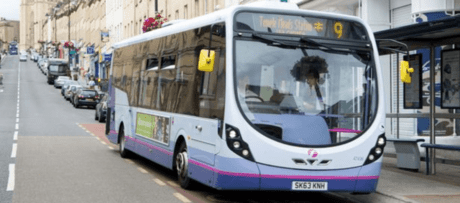
So the idea of moving to Bristol may be a bit clearer in your mind now, but what about moving around Bristol?
Buses are perhaps the most popular mode of public transport in Bristol. The main bus station can be found along Marlborough Street, but there are stops all over the city which support around 50 different routes that operate each day. Be sure to visit the Tourist Information Centre, First Group and TSSA websites to find out more about tickets, routes schedules, metro buses and the Bristol Free Bus.
Although they are less popular than buses, there are several train stations to travel from in Bristol as well. The most notable are the Bristol Temple Meads and Parkway stations. Temple Meads is Bristol’s largest and oldest station just outside the city centre. Bristol Parkway is the access point for train-users coming from northern areas. Other stations include Lawrence Hill, Stapleton Road, Bedminster and Montpelier.
Bristol is also easily accessible by car. The M4 motorway intersects the city horizontally, ideal for visitors from locations to the east or west of Bristol, whilst the M5 motorway cuts through the left-hand side of the city from north to south. Both are also connected to the A-roads such as the A38, A4174 and A37.
It is the A38 that connects Bristolians and visitors to the city to Bristol Airport. It’s just under ten miles southwest of the city centre. The airport supports the travel of around 9 million people every year and is one of the top ten busiest airports in the UK.
5. Schools in Bristol
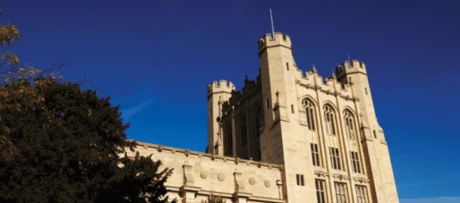
Parents will be glad to know that Bristol ranks right up there with regard to educational facilities. In fact, across all ages, Bristol has almost 150 schools to choose from. As well as that, the city of Bristol has the second-highest number of independent schools in the country. If you’re relocating to Bristol and need to find your children a new school to attend, click here. From there you can get access to everything you need to know about schools in the area.
Bristol also has some of the best colleges and universities in the UK. The City of Bristol College seems to be the most popular higher education facility in the area, whilst the University of Bristol and UWE support the studying of over 55,000 students each year.
It’s just as well that there is such a good range of Bristol accommodation available to house the many students who relocate themselves to the city every year.
6. Bristol businesses
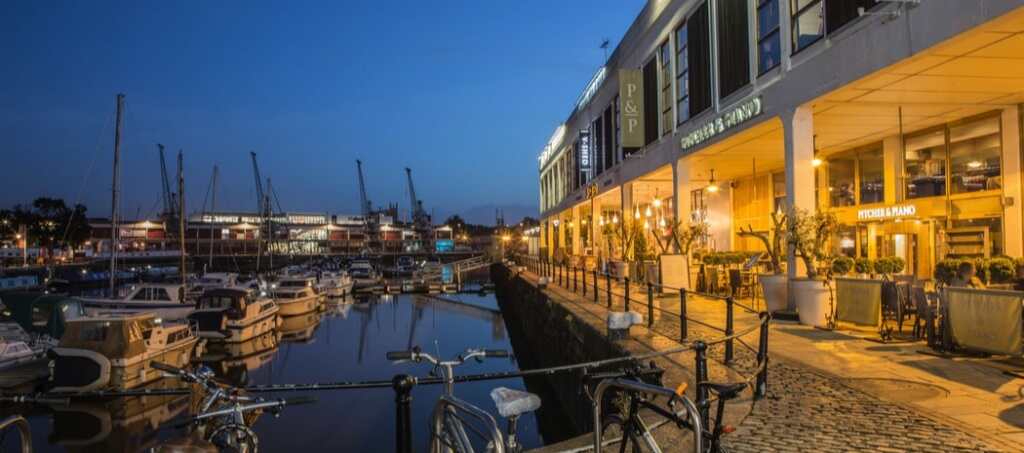
Bristol has long prided itself as being a place for innovation and creativity, and that’s why business success is so common here. Year in year out the city continues to rank amongst the best in the UK to start and grow a business. The Startup Cities Index credited Bristol as a best place to start up a business in 2015.
The 55,000 companies that trade across the city also benefit from incredibly affordable office space, compared to the national average price, and an economy that is one of the UK’s fastest-growing. Furthermore, Bristol ranks well in terms of broadband speed, which across the city is well above the national average speed. Ultimately, it is for these reasons that major companies such as ALD Automotive, Airbus, and Computershare have also chosen to based headquarters in Bristol.
Before deciding to move to Bristol, visit the Bristol.gov website and its business support advice section. Here you can find out in more detail about what to expect when starting a business in the city.
7. Things to do in Bristol
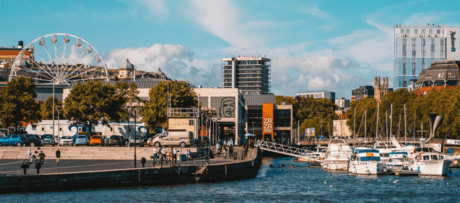
So we’ve covered that moving to Bristol is practical with regard to public transport, schools, safety and starting up a business, but a common question is; what is there to do in Bristol?
Well, perhaps the two centrepieces and main attractions in the city are the Floating Harbour and the Clifton Suspension Bridge. Anyone can jump on a ferry tour and experience the beauty of the harbour, which was built on a controversial history that is greatly recognised by the people of Bristol. There are some great waterside bars and restaurants well worth visiting too if you get the chance!
The Suspension Bridge, on the other hand, is instead an iconic example of fine engineering and design. You can only truly appreciate the size of this the grade 1-listed bridge once you have seen it for yourself. This stunning site links the village of Clifton with the Leigh Woods, over the River Avon.
However, it doesn’t have to be just about sight-seeing. When it comes to keeping yourself entertained, there’s no better city to visit in the southwest. This is thanks to the range of bars, restaurants, cafes, theatres, art galleries, cinemas, museums and parks across the many different districts throughout the city. All in all, whichever way you decide to spend your free time, you’ll soon realise that Bristol’s atmosphere is lively and the culture is distinctive, unlike anywhere else in the UK.
For more information about moving to Bristol or SITU’s fantastic range of Bristol accommodation, have a browse of our website. Or, give a member of our friendly team a call at +44 (0)1392 690 079.
